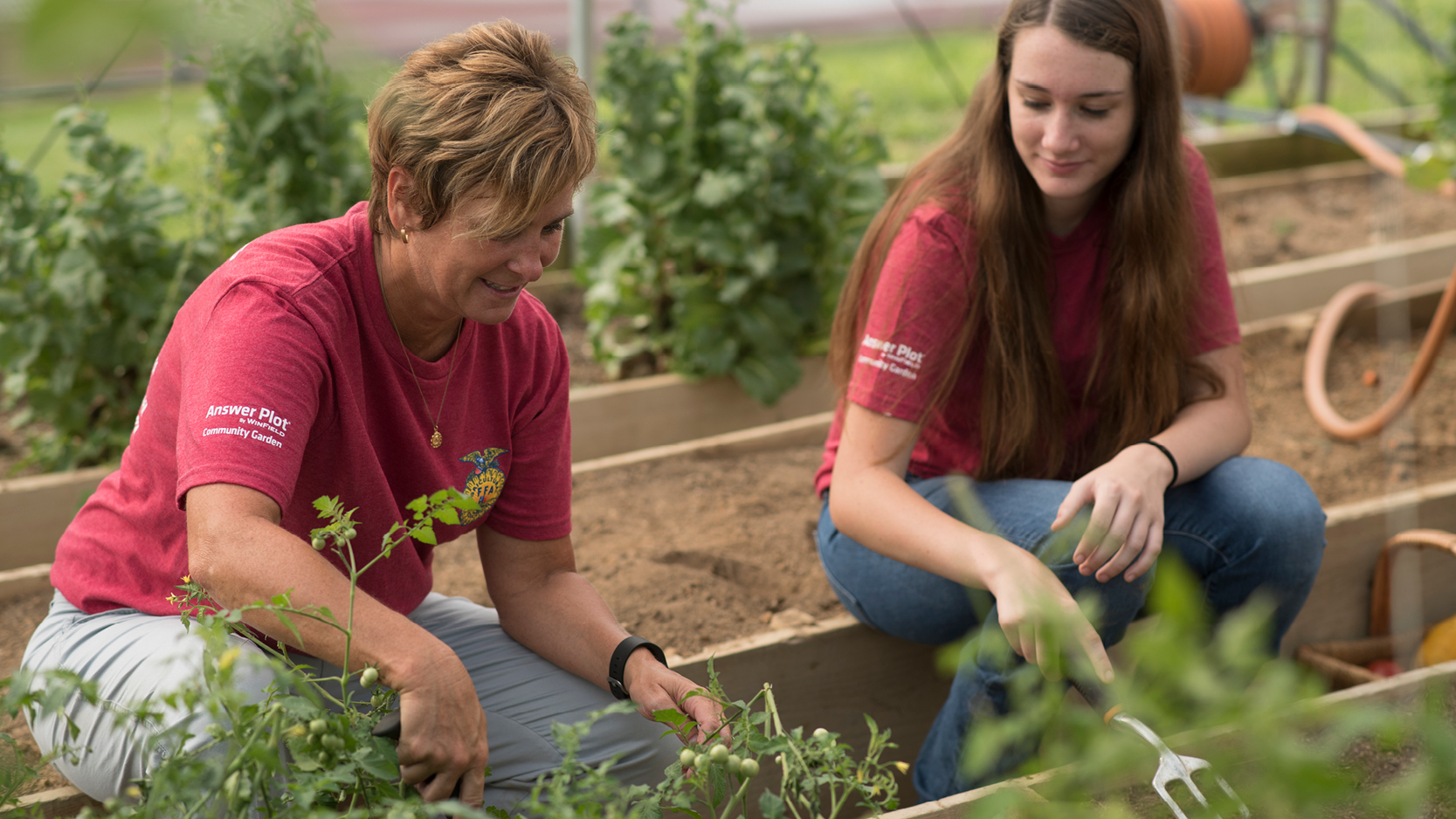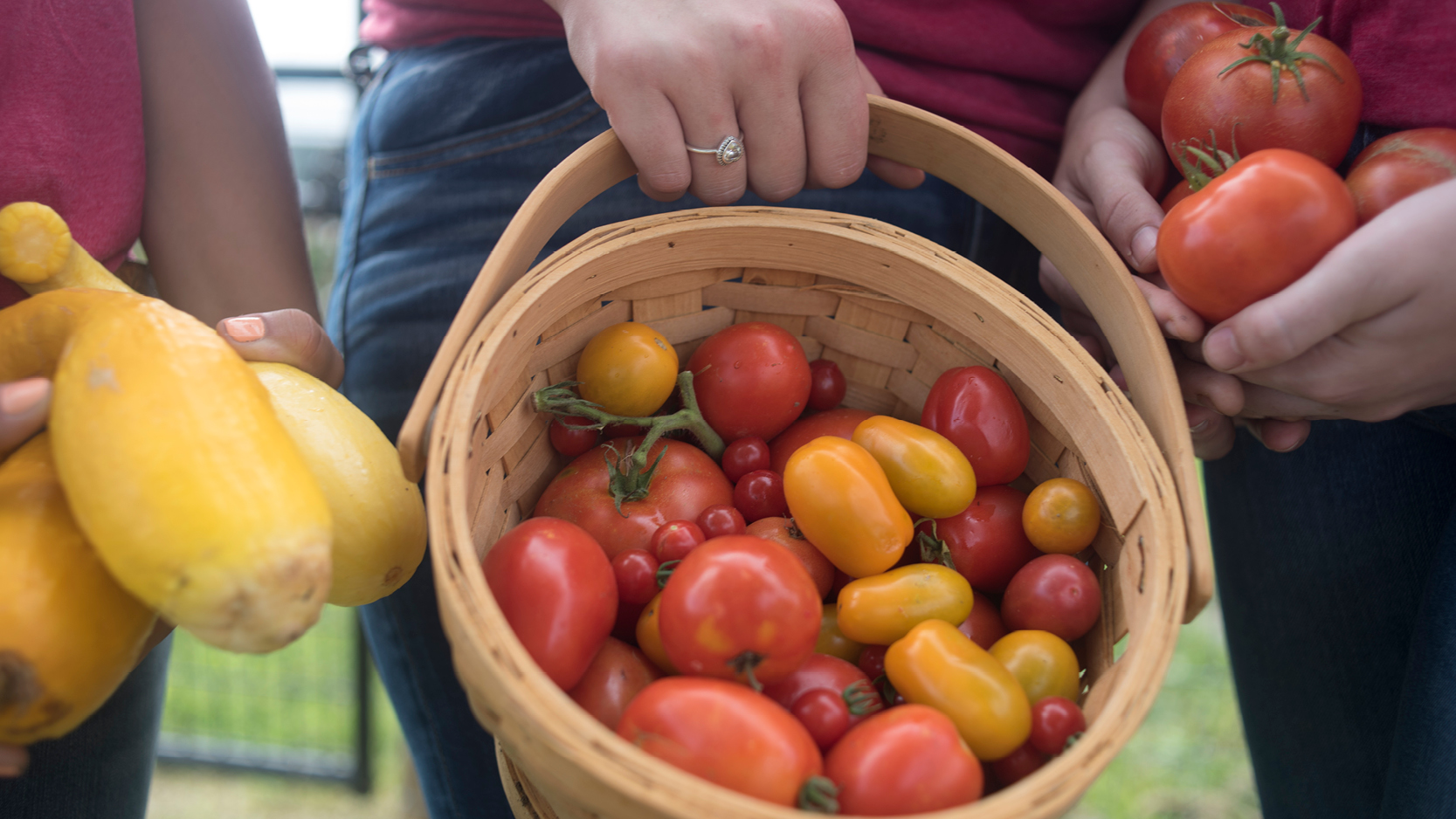There is something about a visit to rural Pennsylvania that feels like you’re stepping into quintessential Americana. Picturesque rolling green hills peek through the early morning mist. Charming stone houses and barns can be found mixed amongst more modern structures. Dairy farms and country stores dot the landscape.
About 60 miles west of Philadelphia sits Atglen. With a population of 1,406 at the last count, this small town is nestled in the countryside of Chester county. The residents there will tell you their green hills offer some of the richest farmland in the country. It might not come as a surprise then that the local school district takes an interest in agriculture.
Actually, the Octorara Area School District, established in 1956, takes much more than just an interest. The school offers 11 in-house technical programs in order to offer students a variety of experiences and hands-on opportunities. Two of those tech programs, which also happen to be the school’s oldest, are dedicated to agriculture—ag mechanics and production ag.
“When these programs were developed for the 2008-2009 school year, the superintendent at the time had a vision of how we could keep our kids at our school, as opposed to sending them to a separate technical school, and also provide them with something that will give back to their communities,” says Lisa McNamara, K-12 program administrator. “Agriculture is the number one industry in our county. We’re surrounded by farms. But people still think of the agriculture industry as just the farming aspect. It is just so much more than that. We’re dedicated to changing that perception.”
Today, the 30 students in the ag programs have pretty much daily experience with large and small animal care, including calves, sheep and even a guinea pig and ferret. Activities include classroom instruction and laboratory experiences in and out of school including visits to farms, agribusiness and other ag-related establishments. There is a hydroponics and aquaponics lab where students raise tilapia. On the mechanical side, they work with small engines, learning welding techniques and machinery repair.
There is also one particularly unique Answer Plot® Community Garden.

An idea sparks
Duane Hershey went to school at Octorara. So did his three now adult children. Duane’s a dairy farmer. Farming is a passion that’s been instilled in his family for generations. The 650 Holstein-strong farm that he owns and operates with his wife Marilyn is located 8 minutes down the road from the school. He’s also one of about 1,300 Land O’Lakes, Inc. member-owners in Pennsylvania and a member of the Land O’Lakes board.
As a board member, his duties include attending a variety of meetings. One program he kept hearing about stuck with him—the Answer Plot® Community Garden program. Since 2011, the Land O’Lakes Foundation has partnered with FFA chapters, Land O’Lakes member cooperatives and WinField master agronomists to grow food for people in need. Today, students grow, maintain and harvest gardens at 24 locations in 14 states. So far in 2016, the gardens have produced 92,008 pounds of food, which comes out to about 414,037 servings.
The gardens have traditionally been kept to the member-cooperative side of Land O’Lakes. A co-op with an Answer Plot® location, which is essentially a living crop laboratory, sections off about an acre or so of land to be used as a dedicated vegetable garden. FFA students, under the direction of their adviser, weed, till, water and harvest their plot of land. The students themselves then deliver what they’ve grown to their community’s food shelf.
A dairy member had never started a garden before. That didn’t stop Duane.
Enter Justin Potts. Justin is a developmental service advisor with Land O’Lakes. His day-to-day activities include working with dairy members to help them improve their businesses and keep them in the Land O’Lakes loop. Back in 2014, he was having a general conversation with Duane when the community garden idea popped up.
“He told me about his local high school and asked if we could get them involved,” says Justin. “It’s normally tied to WinField, but I said, ‘I’ll go dig into it.’”
Justin reached out to an Answer Plot® specialist and asked if they could even start a garden at the school. The answer was a resounding yes.
“I believe the response was, ‘That’s awesome, we’ve been wanting to get our dairy members involved.’ As long as there was a member-owner to assist with the garden in the area,” says Justin. “He even said they were trying to have more gardens at schools.”

The rebuild
In early 2015, Duane and Justin started meeting with Lisa. Octorara had built a high tunnel greenhouse thanks to a grant from the local Chester County Food Bank in 2012. It was the start of a project, with room for improvement.
“We went and saw what the school needed for their greenhouse and learned more about what they were trying to develop with their technical ag programs,” says Justin. “We knew we could help. They applied for a Land O’Lakes Foundation Grant, and in March, we were able to give them a check for $6,200.”
The school was able to do a total greenhouse renovation. A second tunnel was built; the original was repaired. Raised beds went in and vegetables were planted—large and cherry tomatoes, zucchini, squash, kale, broccoli, variety of lettuces, even flowers that the FFA students sell at their annual expo.
FFA is open to any student who takes an agriculture class at Octorara. The club offers students opportunities that prepare them for leadership, personal growth and career success. Activities include an annual fruit sale, banquet, conferences and, of course, tending the gardens.
The produce they grow is brought to Chester County Food Bank, as well as Parkesburg Food Bank. Some also goes to the school’s cafeteria. A true lesson in farm-to-fork.
A bright future
At Octorara, the garden provides more than fresh produce for community. It’s giving students an opportunity to serve their communities and learn more about agriculture.
“Anytime you can give someone hands-on and real-world experience, that provides a valuable education,” says Justin. “With this garden, they will probably have a failure. Something will go wrong. That’s a valuable learning—how difficult farming is, and the attention you need to pay to your animals, crops, even vegetables.”
Lisa says there is an inherent value in understanding farming, as well as understanding the seemingly endless opportunities the ag industry has to offer. It comes back to the goals of their ag programs. Ag isn’t just farming, it’s research, it’s science, it’s communications, it’s technology.
“We’re slowing changing the perception of ag and the knowledge base of it, and the importance of farming,” says Lisa. “I think people look down on it because you get dirty! Or because it is hard work. They don’t realize that we have kids that are rocket scientists! Ag has some of the smartest scientists. We are changing that perception. Our teachers, our students, their dedication and passion for this is just impressive. I love being a part of it with them.”